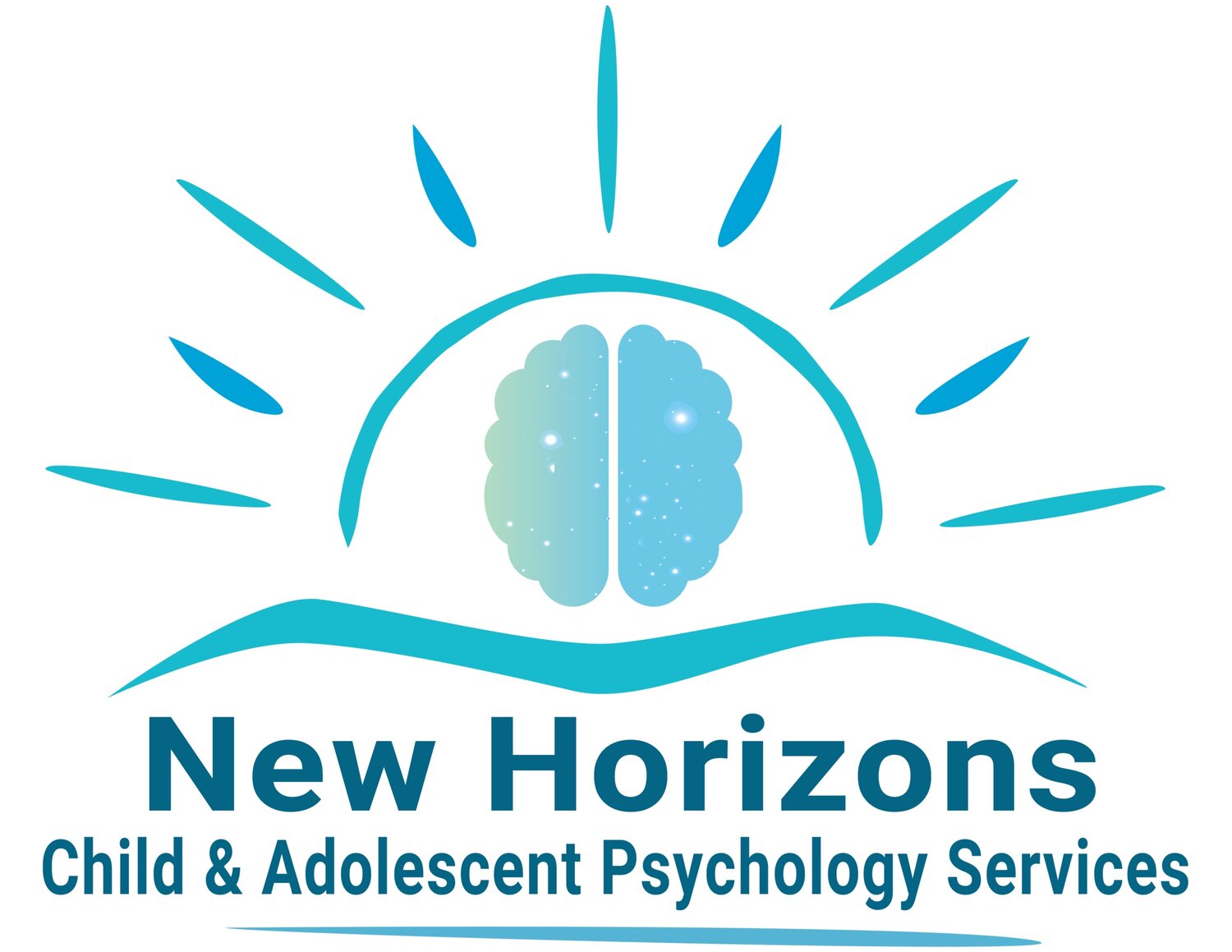ADHD Testing, Interventions & Skills Development
ADHD Testing: Comprehensive Assessments to determine if your child meets the criteria for a diagnosis of ADHD.
Parent Support and Coaching: We support parents in learning to manage their child’s difficulties with attention, behaviour and self-regulation.
ADHD coaching and skill development for children, teens, young adults, and parents (ages 7-21 years)
Executive Functioning Assessment: A detailed assessment to identify the types of deficits such as organization, planning, self-regulation, time management etc.
Teen Counseling: Sometimes youth with ADHD are also experiencing other issues such as anxiety or low esteem
We bring extensive experience in ADHD diagnosis, parenting support, and skills development. It's important to recognize that ADHD-like symptoms can sometimes arise from factors unrelated to a formal diagnosis. Together, we will navigate this process to ensure a thorough and accurate understanding of your child's needs.
What is ADHD?
Attention-Deficit/Hyperactivity Disorder (ADHD) is a common mental disorder, especially in children. It involves symptoms of inattention, hyperactivity, and impulsivity, which can significantly impact academic performance, relationships, and daily life. ADHD is chronic and can lead to low self-esteem and social difficulties if untreated.
Children with ADHD exhibit more severe symptoms of hyperactivity, impulsivity, and inattention than what is typical for their age, causing significant challenges at home, school, or work. These symptoms are not due to defiance or misunderstanding instructions.
There are three types of ADHD:
Predominantly Inattentive Presentation: Difficulty focusing, staying on task, and organizing.
Predominantly Hyperactive/Impulsive Presentation: Excessive movement, talking, and impulsive actions.
Combined Presentation: Symptoms of both inattention and hyperactivity/impulsivity.
Diagnosis requires persistent symptoms present for at least six months, beginning before age 12, and impacting more than one area of life. It's essential to differentiate ADHD from other conditions like learning disorders, mood disorders, and anxiety, which can mimic its symptoms. Comprehensive evaluations, often involving input from caregivers and teachers, are crucial for accurate diagnosis.ADHD often coexists with other mental health conditions, so a thorough evaluation is key to effective treatment.
Useful Resources:
The Centre for ADHD Awareness, Canada (CADDAC) emphasizes the importance of a comprehensive, multimodal approach to treating Attention-Deficit/Hyperactivity Disorder (ADHD).
Key components of effective ADHD management include:
1. Education: Providing individuals with ADHD, their families, and educators with accurate information about the disorder is foundational. Understanding ADHD's nature, challenges, and strengths can lead to more effective support strategies. CADDAC
2. Behavioral Interventions: Techniques such as Cognitive Behavioral Therapy (CBT) and ADHD coaching help individuals develop coping mechanisms, organizational skills, and strategies to manage symptoms. CADDAC
3. Educational Accommodations: Implementing tailored strategies in educational settings ensures that students with ADHD receive the support they need to succeed academically. CADDAC
4. Medication: Pharmacological treatments, including stimulant and non-stimulant medications, can effectively manage core ADHD symptoms. Decisions regarding medication should be individualized, considering potential benefits and side effects. CADDAC
CADDAC underscores that untreated ADHD can lead to significant challenges, highlighting the necessity of timely and appropriate interventions. CADDAC. For a comprehensive understanding of ADHD and its treatment options, visit CADDAC's official website.
Centre for Addiction and Mental Health:
The Centre for Addiction and Mental Health (CAMH) provides valuable resources for understanding and managing ADHD in children. ADHD is a neurodevelopmental disorder characterized by inattention, hyperactivity, and impulsivity, which can impact academic success, social interactions, and family life.
Visit the site to learn more about common signs of ADHD, approaches to treatment, and more.
New Horizons will provide support in all of these challenges.



